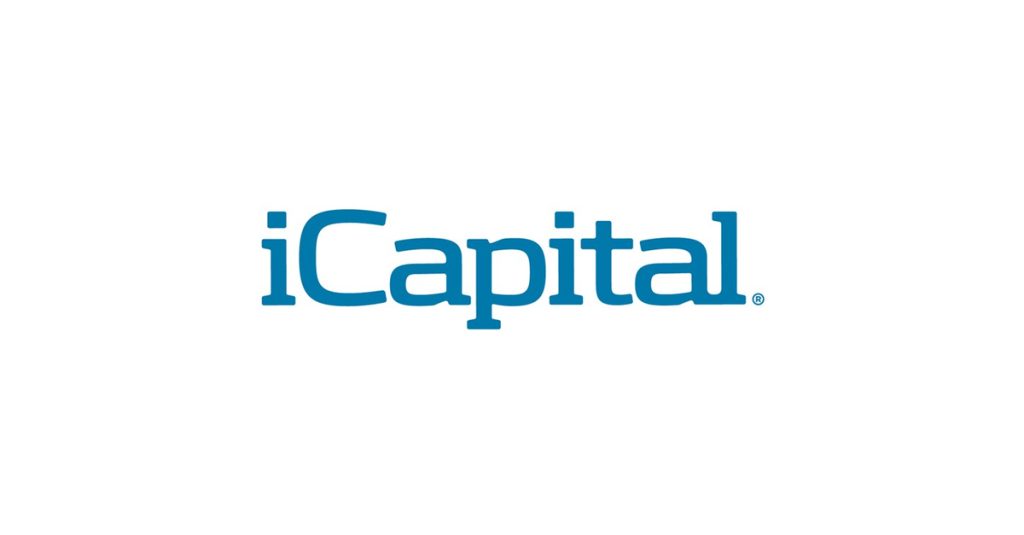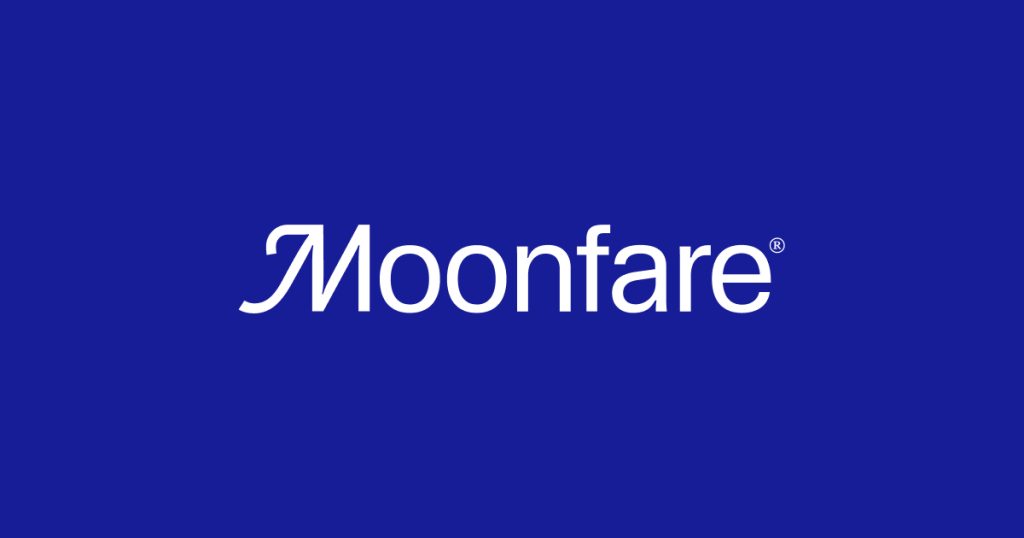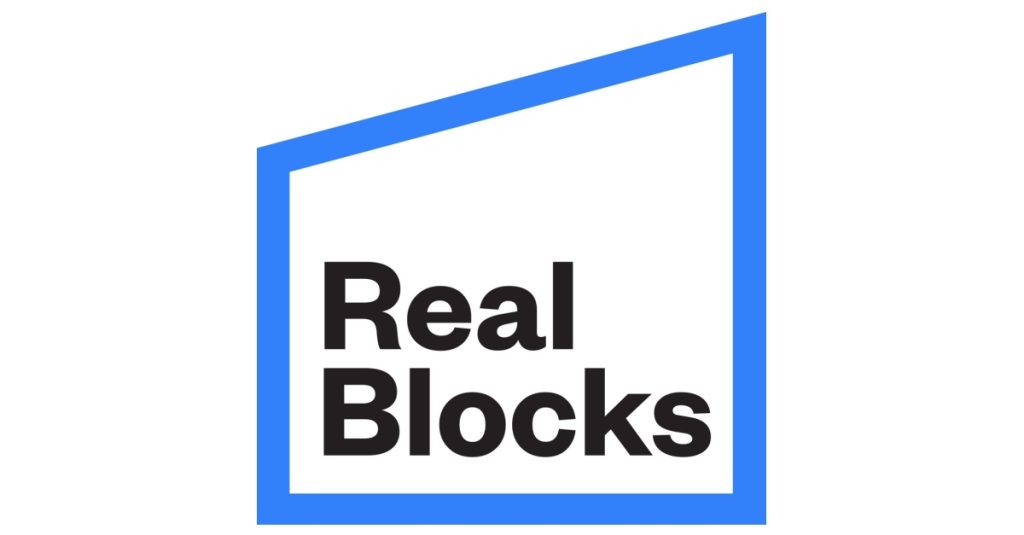Alternative asset classes are gaining popularity worldwide, with investors of all types—from institutions to intermediaries and retail. This article discusses the pioneering platforms facilitating investments in alternative asset classes.
Because of alternative asset classes’ potential to reduce volatility, enhance income, and introduce uncorrelated asset classes to satisfy investors’ financial needs better, alternative asset classes are gaining popularity rapidly.
According to Preqin’s most recent analysis, Global Alternatives AUM will reach $23.21 trillion by 2026, up from an expected $13.32 trillion at the end of 2021 (11.7% CAGR).
This is obvious from the evidence obtained from alternative assets. For example, many high-potential, growth-stage enterprises remain privately held.
As demand for other asset classes develops, the spotlight shines brighter on the alternative assets space’s existing infrastructure.
Unfortunately, in many situations, it reveals a system still stuck in the past, with a burdensome reliance on inefficient, paper-based, and other manual procedures.
These serious operational concerns afflict both alternative assets fund managers and investors.
Fortunately, FinTech startups employing new digitalized and scalable technology are rapidly disrupting these old procedures, drastically reducing costs and time to market and creating meaningful operational benefits for fund managers, advisers, and clients.
Having known all these, what then are alternative asset classes?
What are Alternative Asset Classes?
Alternative asset classes are those investments that do not include stocks, bonds, or cash. These assets differ from regular investments because they cannot be easily sold or converted into cash.
Alternative investments are also commonly referred to as alternative assets. Alternatives, one of the most volatile asset classes, encompassing various investments with distinct features.
Many options are becoming more available to retail or individual investors, making them increasingly vital for all sorts of investors and industry experts to be aware of.
Understanding Alternative Asset Classes
Due to their complexity, lack of regulation, and high level of risk, alternative asset classes are typically owned by institutions or accredited, high-net-worth individuals.
Unlike mutual funds and ETFs, many alternative investments have high entry requirements and maintenance fees. These ventures also have less chance to market to new investors and produce believable performance data.
Although alternative assets may have higher entry requirements and initial investment fees than traditional assets, the latter tend to have lower transaction costs due to lower levels of turnover.
Now, let’s look at the characteristics of alternative asset classes that differentiate them from regular types of investment.
Characteristics of Alternative Asset Classes
Some of the characteristics of alternative asset classes are;
- The US Securities and Exchange Commission (SEC) keeps a close eye on alternative asset classes less than they do on traditional stocks.
- They need to be more liquid, which means it’s hard to sell them or turn them into cash in some other way.
- When market conditions change, they don’t always move in the same direction as other assets because they don’t correlate highly to standard asset groups.
Alternative asset classes have these important characteristics, but they are also a wide-ranging asset class.
Here are seven alternative asset classes that everyone should be aware of, as well as what distinguishes them and how to consider them as investment options.
Types of Alternative Asset Classes
Here are some types of alternative asset classes
- Hedge funds
- Private equity
- Real estate
- Commodity
- cryptocurrencies
Hedge Funds
Investment funds, known as hedge funds, trade assets that are generally liquid and use various investing techniques to generate a high rate of return on their capital.
To implement their ideas, hedge fund managers might specialize in various areas, including volatility arbitrage, market neutrality, long-short equities, and quantitative techniques.
Only institutional investors can access hedge funds, including endowments, mutual funds, pension funds, and high-net-worth individuals.
Private Equity
Private equity is a broad term that refers to capital investments made in private enterprises not publicly traded on a public market such as the New York Stock Market.
The link between the investment firm and the entity receiving funds is an important aspect of private equity.
Private equity firms frequently provide more than just finance to the companies they invest in; they typically provide perks such as industry experience, personnel sourcing aid, and mentorship to founders.
Real Estate
Real estate come in a variety of forms. For example, land, timberland, and farms are all real assets, as are intellectual property such as artwork.
However, real estate is the world’s largest asset class most frequently.
Aside from its size, real estate is an intriguing category because it shares characteristics with bonds (because property owners receive current cash flow from tenants paying rent) and equity (because the goal is to increase the asset’s long-term value, known as capital appreciation).
Real estate investing, like other real assets, faces appraisal challenges. Income capitalization, discounted cash flow, and comparable sales are all real estate valuation approaches, each with advantages and disadvantages.
It is critical to have good appraisal abilities and understand when and how to employ various methodologies to become a successful real estate investor.
Commodity
Commodities are assets primarily consisting of natural resources such as agricultural products, oil, natural gas, and precious and industrial metals.
Commodities are considered an inflation hedge since public equity markets do not affect them.
Furthermore, the value of commodities grows and falls in response to supply and demand—greater demand for commodities results in higher prices and, as a result, higher investor profit.
Commodities have been traded for thousands of years and are not new to investing. Amsterdam, the Netherlands, and Osaka, Japan, may have had the first official commodities exchanges in the 16th and 17th centuries.
The Chicago Board of Trade pioneered commodities futures trading in the mid-nineteenth century.
Cryptocurrencies
Cryptocurrency, an emerging digital currency, is viewed as an alternative investment because it falls outside the usual scope of equities and bonds.
While some may argue that Crypto does not provide a good hedge against other risky investments, it may provide capital appreciation or passive income through staking incentives.
Various platforms pioneered all these types of alternative asset classes, which we will discuss below.
Pioneering Platforms Facilitating Investments in Alternative Asset Classes
Four platforms have raised over $1.2 billion in alternative asset funding and served over $165 billion in client assets.
While all of these platforms exist within the developing landscape of alternative asset classes, they have each been able to carve out a piece of the ever-growing pie.
- iCapital
- CAIS
- Moonfare
- RealBlocks
iCapital

iCapital has established itselves as leading distribution and education platforms among Independent Broker-Dealers, RIAs, and wirehouses.
Both companies have made significant investments in educating the market about the advantages of alternative assets.
iCapital also has its program, AltsEdge (in collaboration with CAIA), to achieve comparable results for financial advisers.
“The best results occur when financial advisors and their clients are appropriately informed on the risks and considerations of investing in alternatives,” iCapital’s chairman and CEO, Lawrence Calcano, said in a company statement.
CAIS

CAIS is also a leading distribution and education platform in the midst of Independent Broker-Dealers, RIAs, and wirehouses.
CAIS IQ is an educational tool developed to provide financial advisers with the knowledge they need to inform their clients about alternative investments.
Moonfare

Moonfare leans on its investment team to research private equity funds before letting them join the platform. People and their managers can directly invest in private equity funds from that page.
RealBlocks

RealBlocks is different from other companies in the market because it only offers a business-to-business (B2B) technology option for investment managers.
Scott Brooks, chief operating officer at RealBlocks, states, “While CAIS and iCapital are great at distribution and education, our main goal is to give our clients a set of services that can greatly improve their operational efficiency.”
“Our platform is made to make the lives of asset managers easier by providing a digital solution that enhances distribution, enables quick fund formation, and speeds up fund administration as well as client onboarding, which includes digital issuance.”
The Future of Alternative Asset Classes
Historically, alternative asset classes have been relatively easy to access. Retail investors have suffered the most, but huge institutional investors face difficulties.
For example, it can take three to six months for fund managers to onboard a new investor due to a tangle of requirements to navigate around Know Your Customer (KYC) and Anti Money Laundering (AML) legislation that differ by the regulatory environment and greatly hinder the onboarding process.
However, the next generation of technologies delivers more than just automated online onboarding operations that alleviate much of the strain of addressing new investors.
Furthermore, market participants are developing user-friendly and intuitive products that enable one-stop buying.
They have set the appropriate security standards, such as SOC II Type 2, to ensure the global sharing of extremely sensitive information.
Conclusion
The transition to a better environment for alternative asset classes is well underway, and the benefits for asset management businesses that embrace this change proactively are endless.
These growing platforms provide various advantages to investment managers, including streamlining client onboarding, establishing funds such as feeder funds, co-investments, and direct investments, and unleashing new distribution options.





